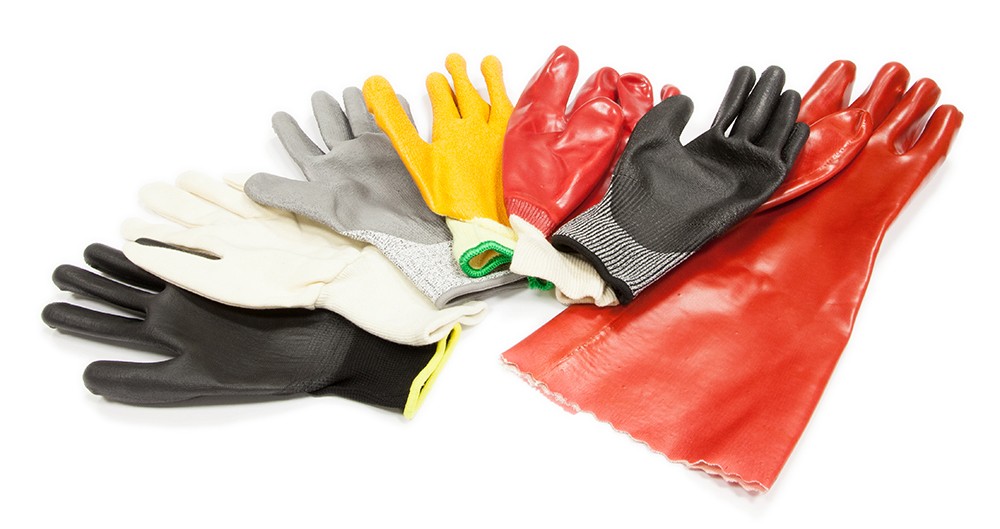
💥Hazmat Glove Selection 💥
Our customers ask, we provide the answers
We provide many different types of gloves in our trailers and hazmat glove selection is complex. The availability of gloves is indeed bewildering and difficult to remember, especially for the part-time responder. What gloves do we use here, there, when and why?
Beside the usual generic disposable gloves found in most toolboxes, vinyl, latex and nitrile versions, there are many specific materials that provide protection from specific chemicals. Here are some frequently used gloves:
- Butyl Rubber Gloves: Provide protection from nitric acid, sulfuric acid, hydrofluoric acid, rocket fuels, and peroxides. These gloves are highly impermeable to many gases, chemicals, and aqueous solutions, and resist oxidation and ozone attack. They have high abrasion resistance and remain flexible at low temperatures.
- Natural Latex or Rubber Gloves: Provide protection from most aqueous solutions of acids, alkalis, salts, and ketones. They resist abrasions during grinding, sandblasting, and polishing. These general purpose gloves are pliable and comfortable.
- Neoprene Gloves: Provide protection from hydraulic fluids, gasoline, alcohols, organic acids, and alkalis. They offer good pliability and finger dexterity, high density, tensile strength, plus high tear resistance.
- Nitrile Rubber Gloves: Provide protection from chlorinated solvents, and are intended for jobs requiring dexterity and sensitivity. They resist abrasion, puncturing, snagging, and tearing.
- N-DEX Gloves: This popular nitrile glove provides splash and spill protection against a wide variety of chemicals, although it is not intended for extended immersion activities. It is available in several sizes, plus low-powder and powder-free options.
- PVA Gloves: Resist strong solvents, such as chlorinated and aromatic solvents. This material is water soluble (polyvinyl alcohol) and cannot be used in water or water-based solutions.
- PVC Gloves: Good for handling materials coated or immersed in grease, oil, acids, or caustics. Resists abrasion. Can be purchased lined or unlined depending on dexterity requirements.
- Viton Gloves: Resist chlorinated and aromatic solvents, plus many other chemicals. This glove material can be used in water-based solutions.
- Silvershield Gloves: Resist a variety of toxic and hazardous chemicals. This lightweight laminate is flexible, but not form-fitting, which affects user dexterity.
Article courtesy of Argonne National Laboratory – Environment Safety & Health Quality Assurance (ESQ) Division.
Download the full article on HazMat Glove Selection here:
the full article on HazMat Glove Selection here:
#environmentalprotectiontrailers #environmentalprotection #rapidresponse #oilspill #internationalspillresponse #hazmat
fredy
Contact us immediately for further information right here —>





